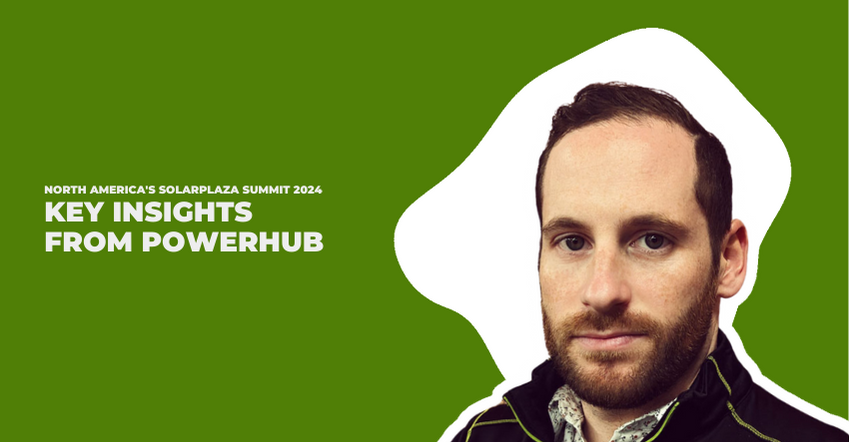Renewable Energy Asset Insurance
Don’t try to save money short term and set yourself up for trouble long term. That was the gist of my recent conversation regarding minimizing risk with Jen Aitchison, Senior VP, Sustainable Energy Insurance at Hugh Wood Inc.
The renewable energy industry isn’t alone in having built a problematic relationship with risk management. The problems Aitchison is seeing across our industry are typical of any in which assets are generally built and flipped. Speedy development schedules and cost-related pressure means most projects are riskiest in the first two years post-development. Not every supplier is bankable, and reliable, and the cheapest parts aren’t generally the best. Developers have been more concerned with keeping costs down, and it’s negatively affecting buyers and long-term owners of projects. Aitchison says some solar buyers may even sign contracts they don’t love because there’s such heavy demand for new solar projects.
Aitchison says that companies often assume that they’ll be able to find the information they need when they need it, without much effort ahead of time, and they’re finding themselves exposed from an insurance standpoint because of it. This means that if you’re not proactively keeping maintenance records, you can’t approach the manufacturer or developer for compensation should something go wrong. You’re out of pocket simply because you can’t find the right information. The same goes for contracts – if you can’t find the information, your insurance won’t cover problems and you’re at a loss, says Aitchison. It isn’t common for claims to be denied, but when they are, it’s extremely damaging (read expensive).
Don’t just focus on one area of exposure and assume that covers you – minimizing risk means looking at warranties, contracts, etc, and insurance is just one piece of the puzzle, says Aitchison.
Here’s what Aitchison says companies need to keep in mind:
1. Proactively Track and Maintain Your Documentation
Don’t assume the information is there, and that you’ll find the records you need when you need them. Using asset management software like PowerHub means your contracts, power purchase agreements, parts warranties, and policy information are all securely stored in one place, and easily accessible. Aitchison says that using tools like PowerHub from the start helps minimize risk.
For instance, say you’ve been managing a given solar project for a few months or a year or two, and something breaks. Without complete maintenance records, you won’t be able to hold the parts manufacturer or the developer responsible, and if you can’t put your hands on your original contract, your insurance won’t cover repairs, and you’ll need to shoulder the financial burden.
2. Don’t Ignore the Boring Stuff
This begins before you even buy. Pay attention to the details of what’s included in the package of documents you receive from the developer or previous owner. Aitchison says it’s common for developers to sign off on improper agreements and leases, and this can come back to haunt you, so make sure you take nothing on blind faith.
3. Be Choosy
Reputation matters. If you choose to go with an operations and maintenance company that doesn’t have good word of mouth – because they’re cheaper, or it’s easier – you could be taking an unnecessary risk. Choose one with staff, software, and good processes, Aitchison says.
Did the developer pick bankable, diverse suppliers? Are they subsidiaries or parent companies? Know the answers to these questions so you can better understand what happens to your warranties if one piece fails.
Be deliberate when you’re choosing your insurance. Keep your contracts tight, and make sure you understand the nuances. Get the right advice, by that I mean not just your legal team, run it by finance, accounting and asset management as well. They’ve seen the downfalls.
Developers: Use an asset management system like PowerHub from Day 1, says Aitchison. This is something you can market your company and your projects on – that you’ve put your money where your mouth is and you’ve got the tools to prove it.




